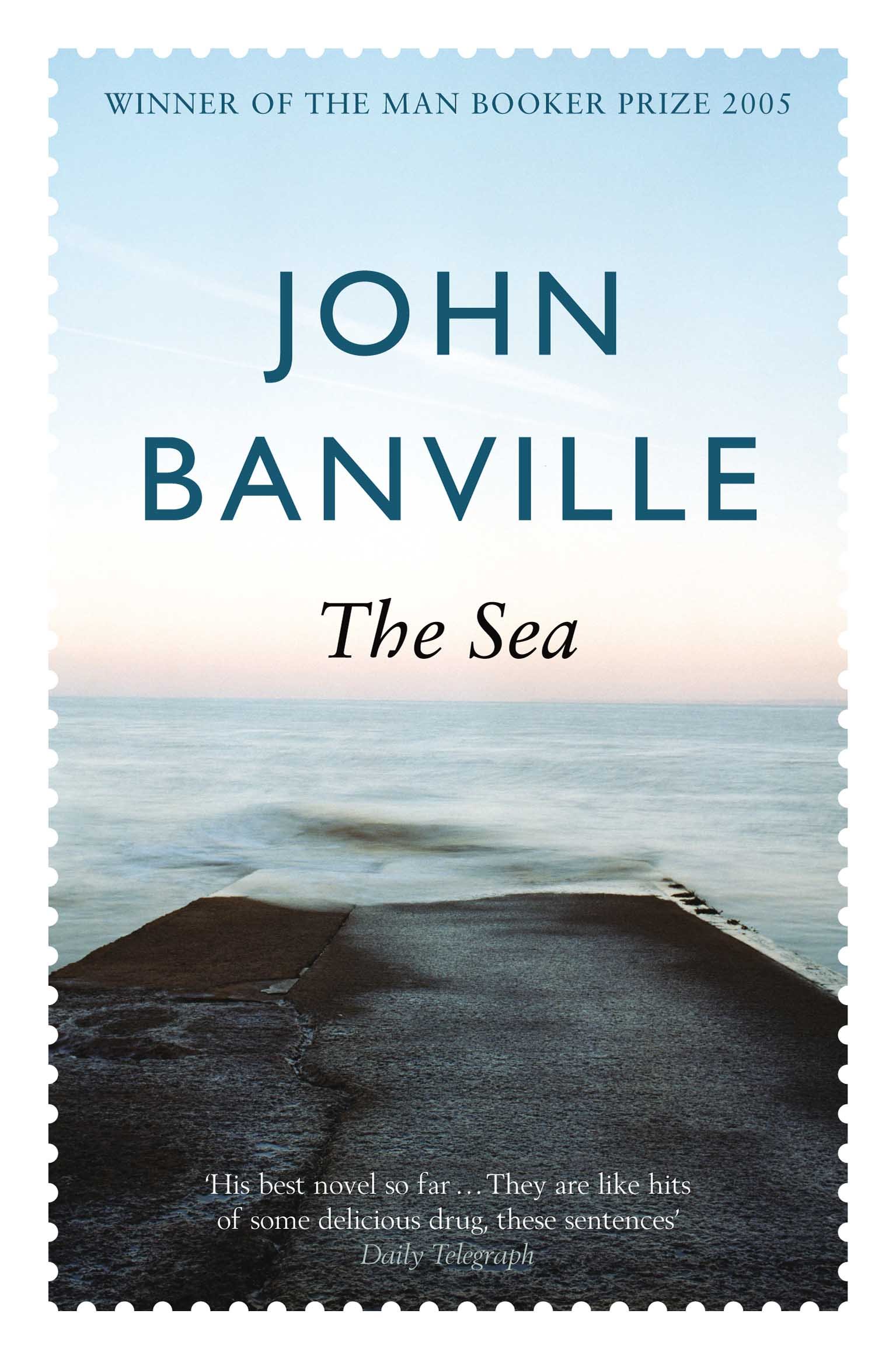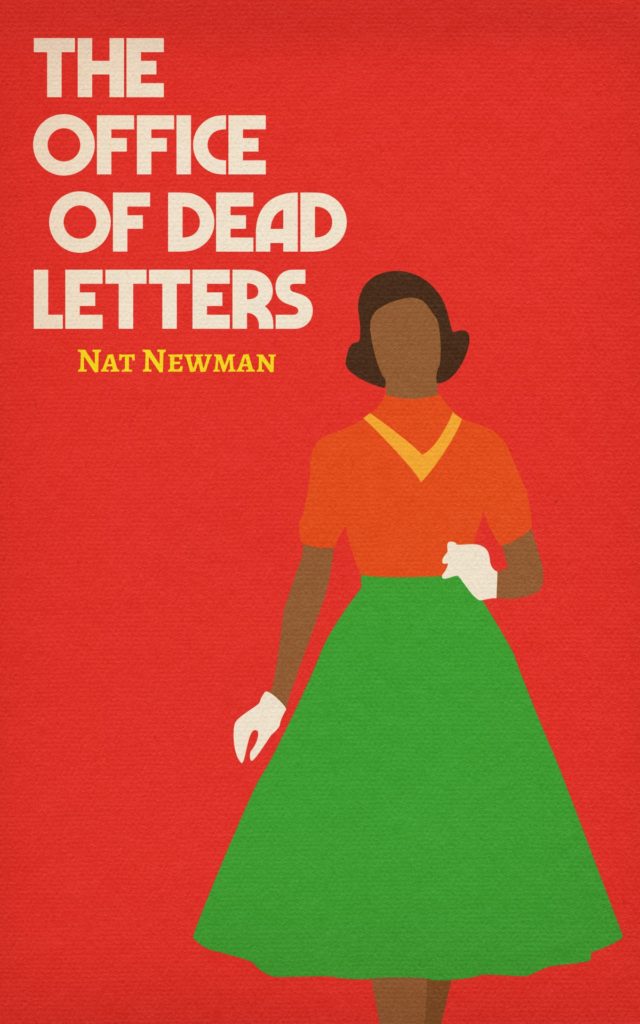Review: At sea in a waterlogged tale of pretentiousness.
I love literature and literary fiction. I don’t demand that my favourite authors and books have a distinct plot or fall into a fixed genre. I don’t need to ‘identify’ with the main characters, and in fact there don’t even really need to be discernible ‘main’ characters if the rhythm is the key part of the story. What I do ask, is that the author is not a pretentious twat.
After the death of his wife, Max Morden revisits the seaside town where his family holidayed when he was a child. Here he hopes to recover from his loss, and work on his book. For Max, you see, is that most unbelievable of all characters – he is an art historian. This gives Banville ample opportunity to copy swathes of dull information from Wikipedia about Bonnard. He also doesn’t miss a chance to throw in casual implausible references to Chopin and Pushkin (both of whom I love, but come ON) and words that you will have to look up. Here is a short list to prepare you: ulnar styloid, tumid pleasure, concave integument, etiolated, velutinous, cicatrice, ichor…
I’ve read a few glowing reviews that say that “The Sea” is a novel of memory, of the unreliability of remembering our past, etc. As Max explores his childhood, his fascination with the utterly pointless family next door, his life with his wife, his relationship with his daughter you are supposed to wonder “what is real? what is made up?” But mostly I wondered, “who cares?”
There’s no doubt that Banville is extremely talented, and some of the writing is really beautiful. He has a lovely turn of phrase, and nicer reviews than this one have raved about his exquisite metaphors and descriptions. But all that is for nothing, if the sum is a pointless waste of time, a mere washing in of the tide, bringing nothing with it.
A review on Goodreads sums up what I feel much better than I can: “nothing irritates me more these days than a writer who has considerable gifts at his command who writes novels that function as elegant window displays for the considerable gifts at his command.” (Kathy, Goodreads review)
Ultimately the thing that really annoyed me about the book is that it is carried along using that most over-used of ‘literary’ vehicles – the slow and painstaking reveal of some past (relatively minor) tragedy after which everything is irrevocably changed. Yawn.
—
PS – As C just pointed out to me, I shouldn’t be so mean about someone who has actually written and published a book. And won a Man Booker prize to boot! To that end, you can find more favourable reviews on The Guardian and The Telegraph.




